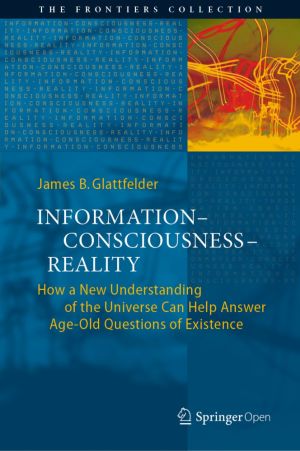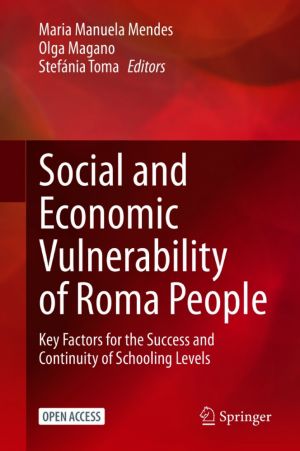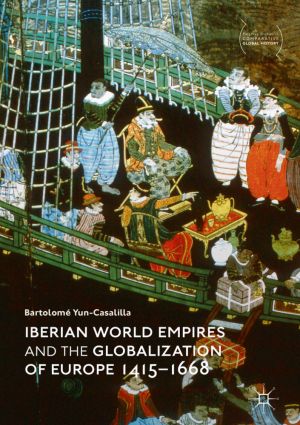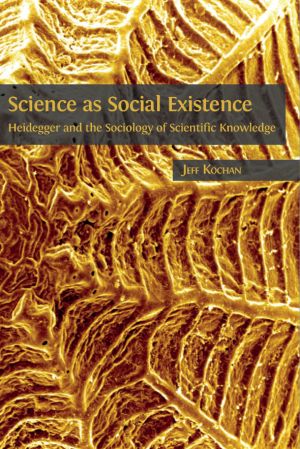New and Old Routes of Portuguese Emigration
Uncertain Futures at the Periphery of Europe
by Cláudia Pereira, Joana Azevedo
DescriptionDetailsHashtagsReport an issue 






Book Description
This book offers a comparative overview on Portuguese emigration in Europe and outside the EU in times of recession. It looks at Portuguese emigrants who, after the crisis of 2008, moved both intra-EU, such as UK, France, Switzerland, Germany and Spain, but also into countries with historical links, such as the USA and Canada, and to Portuguese speaking countries such as Brazil, Angola and Mozambique, as well as the processes of return. In addition to the dynamics of movement, the book provides an in-depth analysis of the heterogeneity of this emigration. It deepens the multifaceted identities concerning social and professional pathways among highly skilled and less skilled emigrants. The labour market continues to be the main regulatory force of Portuguese emigration, which helps to explain the outflow and the processes of settlement and return. Nonetheless, this book demonstrates that non-economic factors have likewise been of great importance in the decision to emigrate. As such this book will be a valuable read to policy makers, students and scholars in migration.This open book is licensed under a Creative Commons License (CC BY). You can download New and Old Routes of Portuguese Emigration ebook for free in PDF format (6.2 MB).
Book Details
Title
New and Old Routes of Portuguese Emigration
Subject
Medical
Publisher
Springer
Published
2019
Pages
300
Edition
1
Language
English
ISBN13
9783030151331
ISBN10
3030151336
ISBN13 Digital
9783030151348
ISBN10 Digital
3030151344
PDF Size
6.2 MB
License

Related Books

This book chronicles the rise of a new scientific paradigm offering novel insights into the age-old enigmas of existence. Over 300 years ago, the human mind discovered the machine code of reality: mathematics. By utilizing abstract thought systems, humans began to decode the workings of the cosmos. From this understanding, the current scientific pa...

This book examines the economic, social, and psychological consequences of manufacturing plant closure at the individual level. Using an original data set of over 1,200 workers from Switzerland who lost their manufacturing jobs after the financial crisis of 2008, the author analyzes the determinants of reemployment, the sector of reemployment, and ...

This open volume provides an understanding of the different aspects of success, school continuity and social mobility among European Roma, including the motives justifying the high rates of school dropout and failure among this group. It offers a critical and reflexive perspective about social reality from a multidisciplinary and transversal point ...

This book analyses Iberian expansion by using knowledge accumulated in recent years to test some of the most important theories regarding Europe's economic development. Adopting a comparative perspective, it considers the impact of early globalization on Iberian and Western European institutions, social development and political economies. In ...

How does technology impact research practices in the humanities? How does digitisation shape scholarly identity? How do we negotiate trust in the digital realm? What is scholarship, what forms can it take, and how does it acquire authority?
This diverse set of essays demonstrate the importance of asking such questions, bringing together establis...

In this bold and original study, Jeff Kochan constructively combines the sociology of scientific knowledge (SSK) with Martin Heidegger's early existential conception of science. Kochan shows convincingly that these apparently quite different approaches to science are, in fact, largely compatible, even mutually reinforcing.
By combining Heid...

